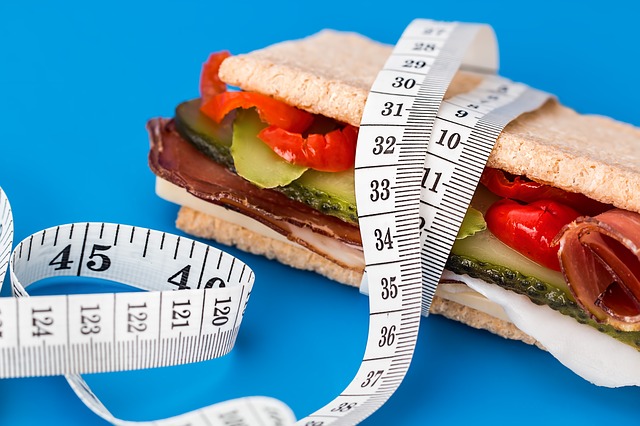San Luis Obispo Nurse Practitioner Explains Why Losing Weight Gained After Surgery Or Injury Is Difficult

–There are some very good scientific reasons why some of us gain weight after surgery or an injury. Carol Rowsemitt, PhD, RN, FNP-C, a San Luis Obispo nurse practitioner, has a unique understanding of the physiological reasons people have trouble losing weight. She understands this better than most dietitians.
Rowsemitt specializes in helping patients understand that their battle with weight loss is more than a matter of will power. Her practice and treatment regimen accounts for the biological changes in brain chemistry that are a determining factor in the effectiveness of a person’s weight loss.
Fluid retention is a very common post-surgery or post-injury condition. The associated inflammation and sometimes the prescribed medications can interrupt the body’s normal ways of eliminating fluid. The fluid adds weight and creates a swollen and bloated look. Contrary to what some believe, retained fluid does not “turn into fat.” Eventually the body heals and the normal processes for eliminating fluid are restored. If someone does not lose the weight after temporarily changing their diet and returning to normal activity, other factors may be involved.
Stress and trauma that trigger our primitive survival responses can be the cause of weight gain following surgery or injury. Even minor surgery or a broken leg or arm can be interpreted as a threat by the primitive body. One survival mechanism is to eat, now. Eat now after surviving a threat to replenish the body’s energy before the next threat. Eat now when food is available to avoid the threat of starvation—a reaction to the “famine response,” which is believed to have evolved from the unpredictable food supplies primitive humans experienced.
If we don’t run away from a threat, we might not survive. If we don’t eat, we will starve. When we experience any trauma, or even when daily stress is constant enough, hormones associated with survival are released into our bodies. For some of us, these hormones and neurotransmitters continue to release even after the original stressor is over, creating a condition of ongoing stress responses and anxiety. Eating now is a primitive response to survival and our logical minds have no control over it.
Weight gain associated with pregnancy is also very common. Some weight gain during pregnancy is healthy and actually desired because it can indicate a healthy and growing baby. Excessive weight gain during or after pregnancy might be due to hormonal changes that need to be addressed medically. The stress of caring for a newborn can contribute to weight gain. Hormonal changes can lead to depression and weight gain, and some new mothers experience thyroid problems after pregnancy.
Carol Rowsemitt, the San Luis Obispo nurse practitioner, specializes in Thyroid disorders, eating disorders and weight loss. With broader knowledge than a typical dietitian, her unique weight loss program is based in the understanding of brain chemistry and the influence of the primitive body that she gained from her studies and work as a biologist before acquiring her nursing degrees. Rowsemitt received her Bachelor of Arts (BA) degree in chemistry from Boston University, her Ph.D. in Biology from the University of Utah, then went on to achieve first a Bachelor’s degree in nursing from the University of Utah, then her Masters degree in nursing with an emphasis in diabetes care.
Rowsemitt currently works with Dr. Dr. Steven J. McAllen, as her supervising physician. Dr. McAllen, a graduate of University of California, San Diego School of Medicine, is an internal medicine specialist in Templeton, CA and has been practicing medicine since 1986.
This press release is by San Luis Obispo SEO company Access Publishing, 607 Creston Road, Paso Robles, CA 93446, (805) 226-9890.











